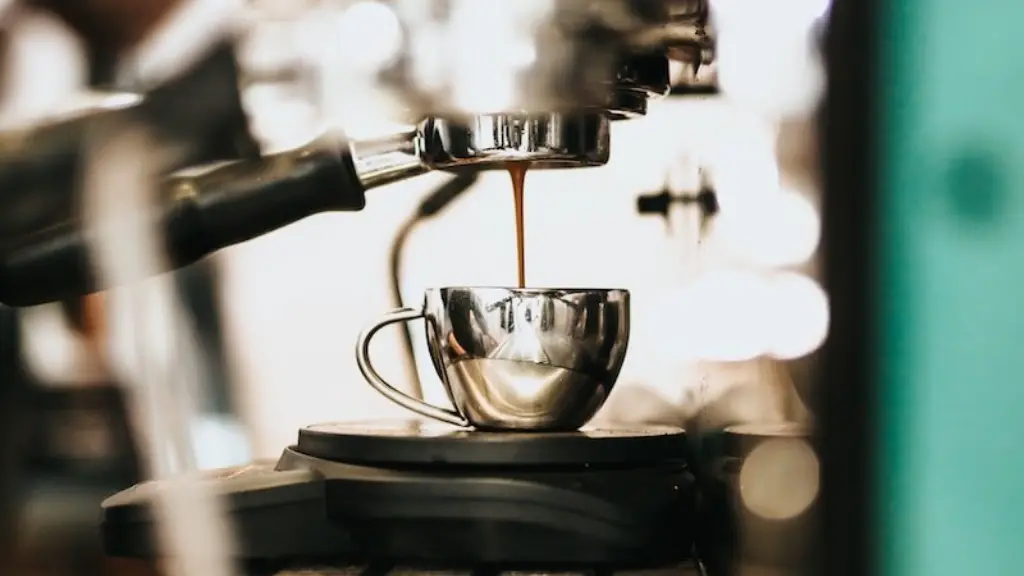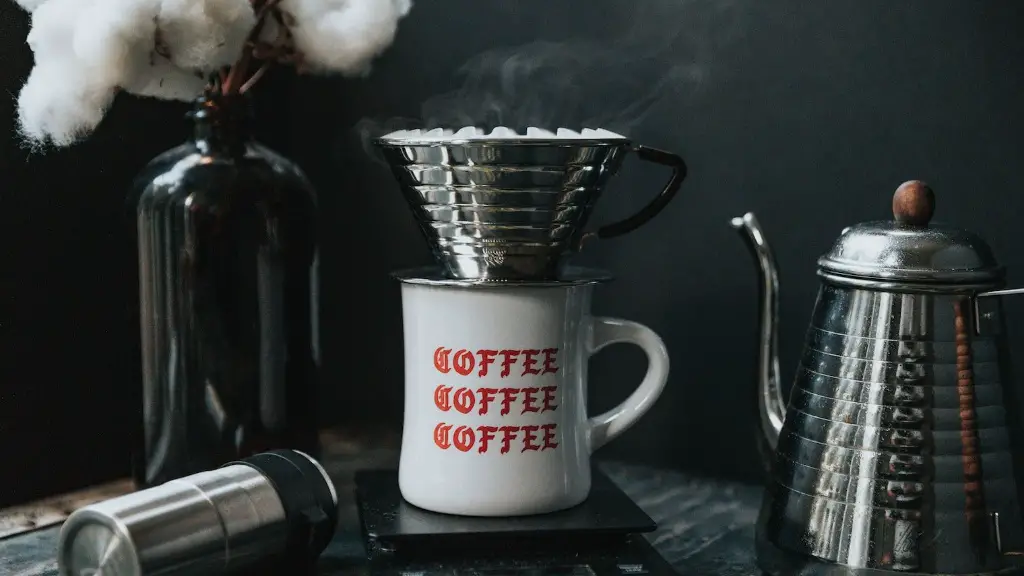What is Day-Old Coffee?
Day-old coffee is simply brewed coffee that has been left to cool overnight and can range from being freshly brewed to about 24 hours. Coffee prepared for longer than 24 hours may be a risk as it could be subject to contamination as a result of prolonged exposure to environment or temperature changes. It may also taste stale, oxidized or bitter, as some of the essential oils in coffee evaporate over time.
Is it Safe to Drink Day-Old Coffee?
Typically, day-old coffee is not unsafe to drink unless it offers a different taste or smell, then you may want to avoid it. If it is only a few hours old and cooled down, then it is all right to drink. The main consideration when consuming day-old coffee is the possibility for bacteria to grow, due to the acidic and low pH environment in which it has been cooling. Coffee is an environment in which bacteria, mold, and yeast can thrive, and the addition of milk, sweeteners, and other additives can provide an even better platform for the growth of these microorganisms.
This is why it is important to take proper precautions when handling day-old coffee, such as keeping it in a sealed container and storing it in the refrigerator so that it remains in a lower-temperature environment. Additionally, you should discard any day-old coffee that has a strange smell or taste, looks or smells different, or has been left out at room temperature for an extended period of time.
Health Benefits of Black Coffee
While it is important to drink day-old coffee cautiously, there are a number of potential benefits of black coffee as long as no additional sugar, milk, or sweeteners are added. Studies have found that drinking black coffee may reduce your risk for certain diseases, such as type 2 diabetes, Parkinson’s, liver cancer, and Alzheimer’s. Additionally, it may also help improve mental clarity, focus, and alertness.
One study from 2010 found that people who drank black coffee were more likely to perform better on tests of attention and focus than those who did not. Another study found that participants who consumed copious amounts of black coffee had stronger immune systems, as they were able to fight off viruses and bacteria faster than those who consumed no caffeine at all.
Drawbacks of Drinking Day-Old Coffee
While there are some potential health benefits associated with drinking black coffee, there are also some drawbacks to consuming day-old coffee. For instance, day-old coffee is known to decrease the levels of antioxidants and vitamins, as they break down over time. Additionally, drinking day-old coffee may cause a decrease in overall energy, as it does not contain enough caffeine to provide a real boost in energy.
Another more serious drawback of drinking day-old coffee is that it may contain harmful bacteria. As mentioned earlier, microorganisms such as bacteria, mold, and yeast can thrive in coffee, if it is left for too long or exposed to additional combinations of moisture, warmth, and other food items.
How to Reheat Day-Old Coffee?
If you find yourself with a cup of day-old coffee that you’d like to consume, you can easily reheat it on the stove or in the microwave. Simply place it in a pot over medium heat, stirring constantly, until you reach the desired temperature. Alternatively, microwave the coffee in small 30-second intervals, stirring between each one, until you reach your desired temperature.
If you plan on reheating day-old coffee make sure that it reaches at least 165 °F, as this temperature is considered safe to consume. Additionally, you can add a pinch of salt to make it taste better, as salt helps bring out the flavor of coffee.
Caffeinated Drinks vs. Day-Old Coffee
While day-old coffee may be a less expensive and more accessible alternative to buying caffeinated drinks from your local store, traditional caffeinated drinks still provide additional benefits to coffee drinkers. Caffeinated drinks contain more energy-boosting elements, such as sugars and other additives, which can help boost a person’s energy levels and mental alertness.
Additionally, caffeinated drinks are available in many different flavors, and are often more palatable than day-old coffee. They also contain vitamins, minerals, and other nutrients, which provide important health benefits. Finally, if you purchase caffeinated drinks, you won’t have to worry about the potential risks associated with drinking day-old coffee, such as the possibility of bacterial contamination or potential health risks.
At-Home Coffee Brewing Alternatives
If you don’t have access to traditional caffeinated drinks or would like to avoid day-old coffee, there are a variety of at-home brewing options that can help you create a great-tasting cup of coffee. There are a number of specialty at-home coffee makers and espresso machines available on the market, as well as portable pour-over brewers and French presses.
These brewing methods offer an easy and convenient way to make your own customized flavor and strength of coffee, without the hassle of leaving home. Additionally, many of these at-home brewing methods require no electricity or power source, which makes them perfect for camping, travel, and other outdoor activities.
Easy Cold-Brew Options
Another easy way to make your own great-tasting coffee is through cold brewing. Cold brewing creates a much less bitter and smoother cup of coffee and can also be used with other beverages such as iced teas and flavored lattes.
Cold brewing simply involves steeping freshly ground coffee in cold water for 12-24 hours, which extracts all of the flavor but none of the bitterness from the beans. After the brewing is complete, the coffee can be served hot or cold, depending on your preference. However, cold-brewed coffee can be kept in the refrigerator for up to two weeks, and therefore is a great option for those who don’t have the time to make their own hot coffee every day.
A Healthy Alternative to Day-Old Coffee
While day-old coffee might be an easy and inexpensive option, there are healthier alternatives that provide a boost in energy and other health benefits. Specialty at-home coffee makers and espresso machines offer a convenient and easy way to make your own customized gluten-free and all-natural drinks without the worry of potential health risks or stale tastes.
Additionally, cold-brewing is also a great option for those who don’t have the time to make their own coffee every day, as it can be stored in the refrigerator for up to two weeks. So, if you’re looking to reduce your risk of potential health risks while still enjoying a delicious cup of coffee, then cold-brewing your coffee is definitely the way to go.


